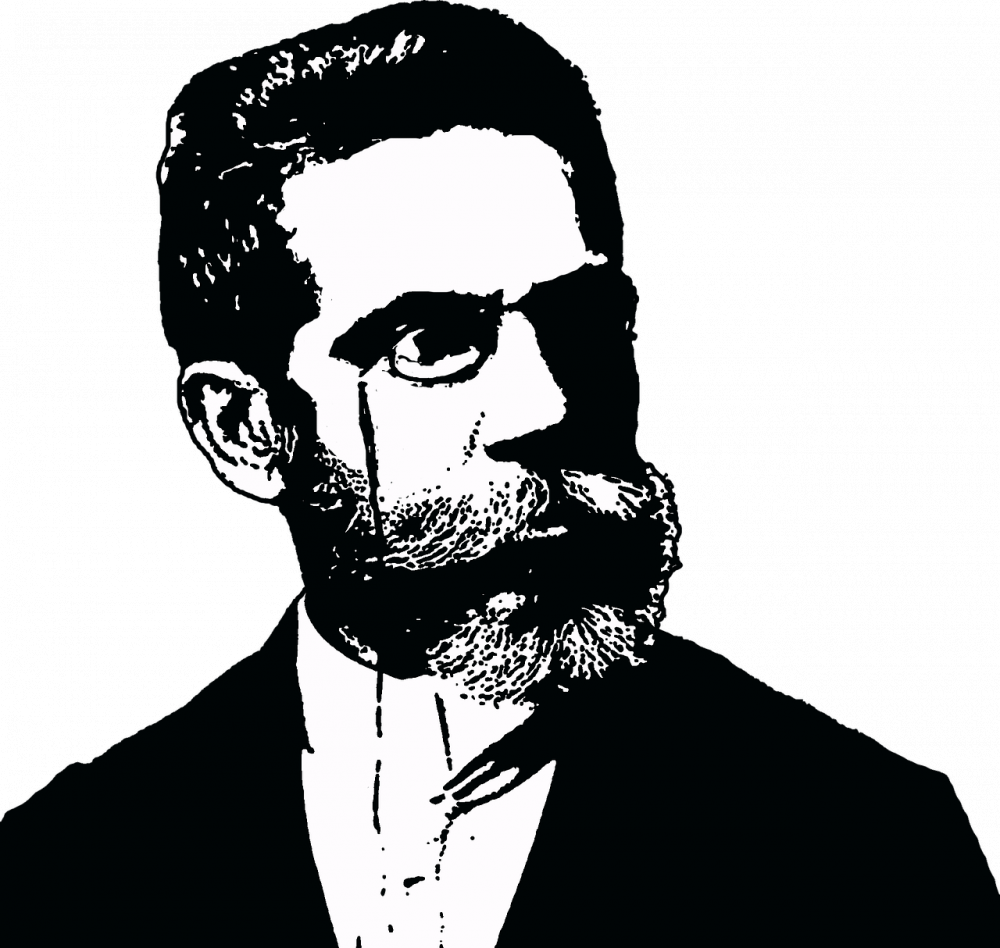George Orwell: A Comprehensive Exploration of a Literary Icon

Introduction
George Orwell, born Eric Arthur Blair, was an influential English writer and essayist who left an indelible mark in the world of literature. Known for his profound insights into the political and social landscape of his time, Orwell’s works continue to resonate with readers today. In this article, we delve into the life, works, and evolution of George Orwell, providing a comprehensive understanding of his significance for those interested in this subject.
Historical Background

Orwell’s journey began on June 25, 1903, in Motihari, a small town in India under British colonial rule. His upbringing in colonial India heavily influenced his later writings on imperialism and social injustice. As a young boy, Orwell developed a keen interest in literature and began expressing his thoughts through writing.
Early Life and Education
After moving to England with his family, Orwell attended prestigious schools such as St. Cyprian’s and Eton College. These educational experiences, however, left a bitter taste in his mouth, as he felt that these institutions nurtured a sense of privilege and inequality. Orwell’s frustration with the class system and the repressive nature of authority forms a recurring theme in his works.
Literary Career
Orwell’s literary career kicked off with his novel “Down and Out in Paris and London,” where he candidly documented his experiences of poverty and destitution. This breakthrough novel laid the foundation for his future works, emphasizing his commitment to exposing social injustices and political corruption. Subsequently, Orwell produced several iconic literary pieces, such as “Animal Farm” and “1984,” which cemented his reputation as a leading figure in dystopian literature.
Themes and Literary Style
Orwell’s works were characterized by a distinctive blend of social commentary, political allegory, and stark realism. His writings often explored themes of totalitarianism, surveillance, propaganda, and the abuse of power. Orwell had an unparalleled ability to create vivid and thought-provoking narratives that resonated with readers on both an intellectual and emotional level.
Evolution of George Orwell
Over time, Orwell’s work evolved, reflecting his changing perspectives and experiences. Initially, his writings were heavily influenced by his firsthand encounters with poverty and social inequality. As he grew older, Orwell became increasingly disillusioned by the rise of totalitarian regimes and the erosion of basic human rights. This shift in mindset is evident in his later works, particularly “1984,” where he portrays a chilling dystopian society governed by oppressive surveillance and thought control.
Orwell’s Lasting Legacy
George Orwell’s contributions to literature extend beyond his novels. His essays, such as “Politics and the English Language,” demonstrated his remarkable ability to dissect and critique the complexities of language and its manipulation for political purposes. Orwell’s works continue to inspire artists, scholars, and activists, reinforcing the importance of individual freedom and the dangers of unchecked power.
In conclusion, George Orwell remains an icon of literary excellence and social awareness. His writings captivate readers with their timeless relevance, offering valuable insights into the human condition and the perils of oppressive systems. Orwell’s commitment to truth and justice serves as a reminder that literature, in its most powerful form, has the potential to ignite change and empower individuals. By exploring Orwell’s life, works, and evolution, we gain a deeper understanding of his enduring legacy and the impact he continues to make in the realm of art and political discourse.
Bulletpoints:
– George Orwell, born Eric Arthur Blair, was an influential English writer and essayist.
– His upbringing in colonial India heavily influenced his writings on imperialism and social injustice.
– Orwell’s works are known for their social commentary, political allegory, and stark realism.
– His novels “Animal Farm” and “1984” are considered iconic works of dystopian literature.
– Orwell’s later works displayed a shift in perspective fueled by his growing disillusionment with totalitarian regimes.
– He has left a lasting legacy in the form of his essays, which dissect and critique language manipulation for political purposes.
– George Orwell’s writings continue to inspire artists, scholars, and activists, emphasizing the importance of individual freedom and the dangers of unchecked power.
















































